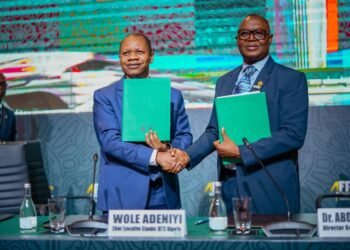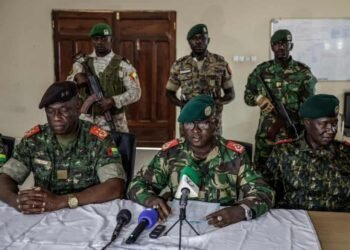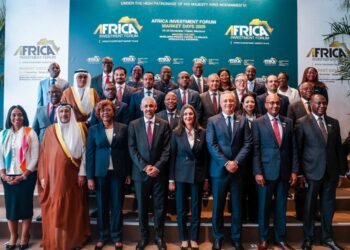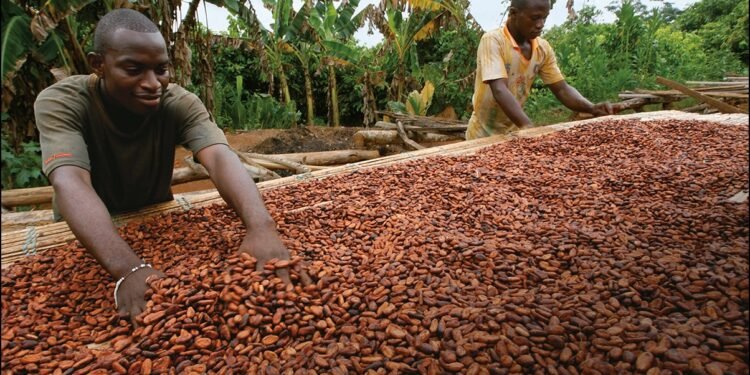Since 2022, the Women and Youth Financial and Economic Inclusion (WYFEI 2030) Initiative has rapidly evolved into a central platform under the African Women’s Decade on Financial and Economic Inclusion (2020–2030), drawing key actors across sectors to champion financial access for African women and youth.
A recent high-level gathering organized by the African Union Commission’s Women, Gender and Youth Directorate, in collaboration with the Sterling One Foundation and backed by the German Federal Ministry for Economic Cooperation and Development (BMZ) via the GIZ African Union Portfolio, has cast a spotlight on the urgent need to bridge persistent financing gaps. The central aim is to mobilize private capital and expertise for transformative impact.
Held ahead of the Africa Social Impact Summit 2025 (ASIS), the forum called on private sector leaders to help unlock a projected $100 billion by 2030. This effort is expected to directly support at least ten million women and youth across the continent through the WYFEI 2030 roadmap. The strategy calls for re-engineering financial services, eliminating regulatory bottlenecks, and advancing blended finance frameworks to tackle systemic exclusion from capital.
Ms. Prudence Nonkululeko Ngwenya, Director of the AU’s Women, Gender and Youth Directorate, opened the dialogue by laying bare the urgent need for structural transformation. “A fundamental shift is needed to place women and youth at the center of resource allocation, policy-making, and accountability,” she declared. Stressing private sector involvement, she added, “The private sector is not a guest at this table, but a co-owner of the agenda, with WYFEI 2030 designed for co-investment, innovation, and scale to move from isolated impact to ecosystem change.”
Echoing this, Ms. Olapeju Ibekwe, CEO of the Sterling One Foundation, cautioned against hollow gestures. “Inclusion cannot be rhetoric. Women and youth are not peripheral to Africa’s economy. Any agenda that sidelines them is simply incomplete. Every day, capital doesn’t reach them; opportunity is withheld from the continent.” She emphasized the need for action-oriented partnerships, stating, “Partnerships must move beyond alignment and toward shared execution that reflects the realities of Africa’s investment landscape.”
Dr. Tobias Thiel, Director of the GIZ African Union Portfolio, stressed the broader significance of overcoming structural obstacles. He described the challenge as “both a moral and economic imperative,” urging collective urgency: “Move forward together, with boldness and resolve, to create an Africa where opportunity is truly equal and potential is limitless.”

Fifty Million Lives To Be Impacted
A critical session at the meeting brought together voices from both public institutions and private enterprises. Discussions centered on how to channel private capital into inclusive ventures, covering challenges from early-stage investment origination to the pressing need for credible data frameworks.
One of the standout moments came with the introduction of the EmpowerHer Africa program, unveiled by Dr. Nadi Albino, Deputy Director of Partnerships at UNICEF. Through the WYFEI 2030 mechanism, the initiative seeks to support 50 million adolescent girls and young women with access to finance, technology, and entrepreneurial tools, essential components for nurturing future African women leaders.
This event marks the beginning of a series of coordinated engagements, led by the AU Commission’s Women, Gender and Youth Directorate. The Sterling One Foundation will continue to facilitate dialogue between public and private stakeholders. The broader aim is to build scalable, innovative financial solutions and align policy ecosystems that dismantle barriers obstructing women’s and youth economic participation.
By leveraging collective knowledge, strategic capital, and political will, WYFEI 2030 aspires to spark a sustainable shift, one where inclusion becomes the rule, not the exception, and where Africa’s economic future is inclusive, equitable, and driven by its most powerful assets: its women and youth.























